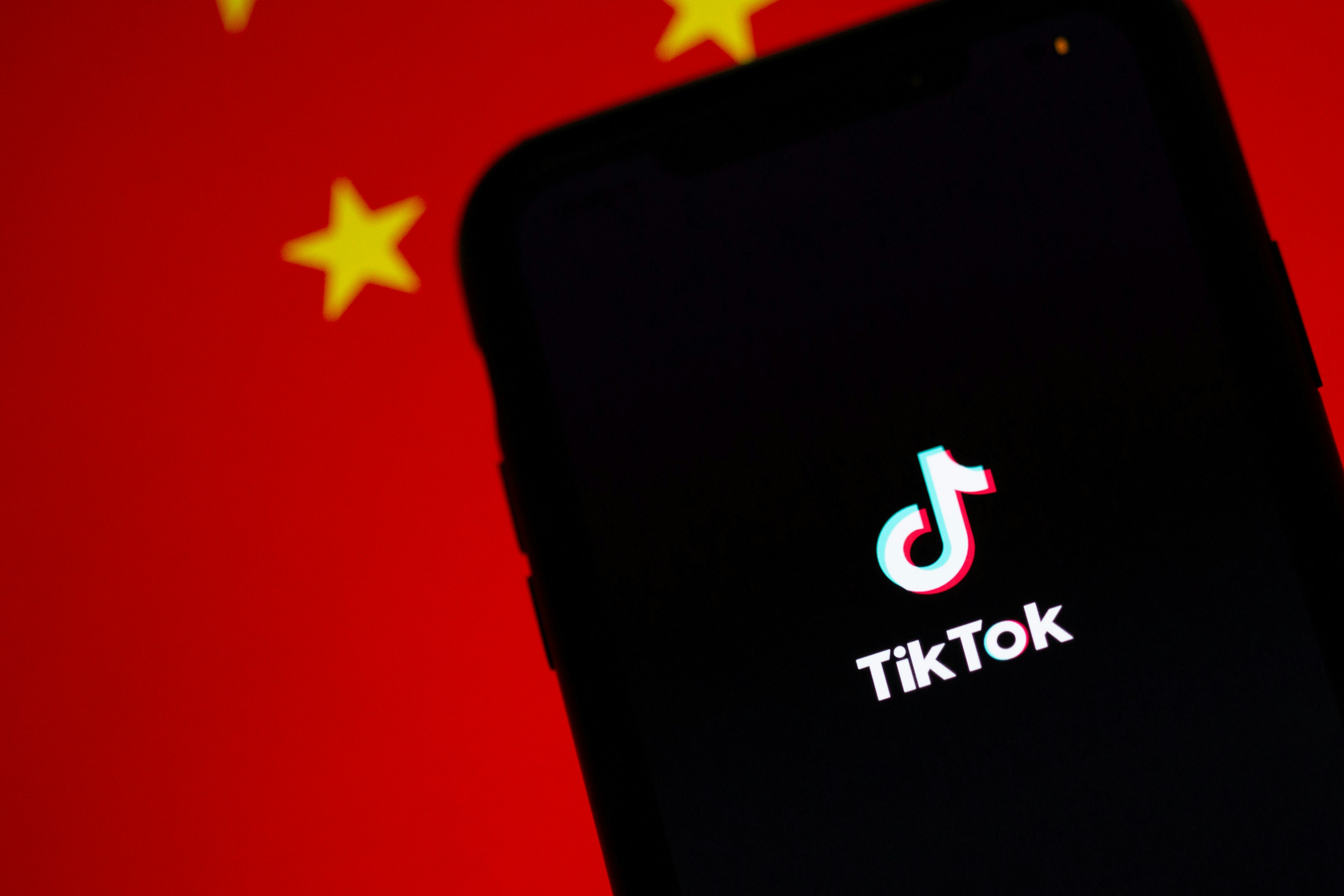US federal court unanimously upholds TikTok ban or sell ruling
A US federal court of appeals has unanimously ruled that ByteDance must sell TikTok by mid-January or face being banned in the country.
A US federal appeals court has unanimously upheld a ruling requiring ByteDance, the Chinese parent company of TikTok, to either sell the platform or face a ban in the United States. This decision underscores growing national security concerns surrounding TikTok’s data practices and its links to the Chinese government.
The ruling, which aligns with a 2020 executive order that first called for ByteDance to divest from TikTok, follows years of debates over whether the app poses a risk to US users. Lawmakers argue that TikTok’s ownership could enable the Chinese government to access American user data or influence content. The opinion of the appeals court is that TikTok “never squarely denies that it has ever manipulated content at the direction” of the CCP. TikTok argued that the ruling violated First Amendment rights of Americans – freedom of speech – and was unconstitutional. Denying the companies petition to overturn the law, the federal court said:
“The First Amendment exists to protect free speech in the United States. Here the Government acted solely to protect that freedom from a foreign adversary nation and to limit that adversary’s ability to gather data on people in the United States.”
The U.S. Court of Appeals for the DC Circuit
President Biden signed this TikTok ban into law back in April, and it is unclear whether it will remain in place once Trump returns to office. If ByteDance does not divest, the US TikTok ban will come into effect on January 19th 2025 – one day before Trump assumes office. There is already a ban on TikTok in place concerning branches of the US military and government devices.
Should the ban happen, the likes of Google and Apple will be required to remove the app from its stores and for download. While this effectively prevents new sign-ups, it is unclear what the ban would mean for users who already have the app downloaded on their devices.
For creators and independent musicians who have come to rely on TikTok as a powerful tool for audience engagement and income generation, the implications are potentially huge. This much is demonstrated by TikTok’s review of 2024, highlighting its massive impact on music discovery in the US and around the globe. A ban or shift in ownership could disrupt their content strategies and audience reach. Creators may need to consider diversifying their presence across platforms like Instagram Reels, YouTube Shorts, or Snapchat Spotlight to mitigate potential risks.
While the situation remains fluid, and many more details of the road ahead are yet to be determined, artists and creators should certainly protect themselves by proactively preparing for the worst. The platform’s position in the US could look very different from January 2025, though it remains to be seen how ByteDance and TikTok will navigate this pivotal moment.
